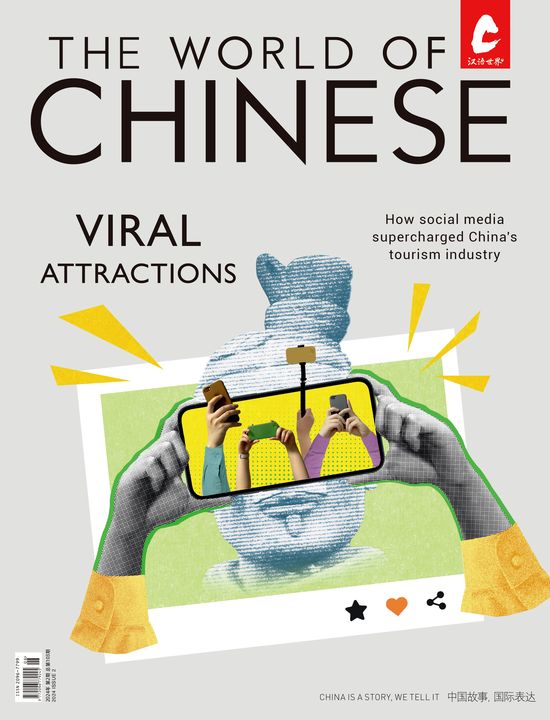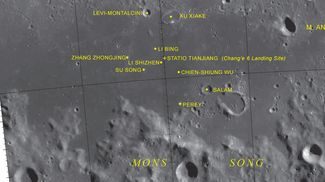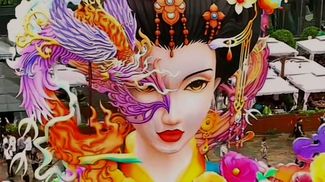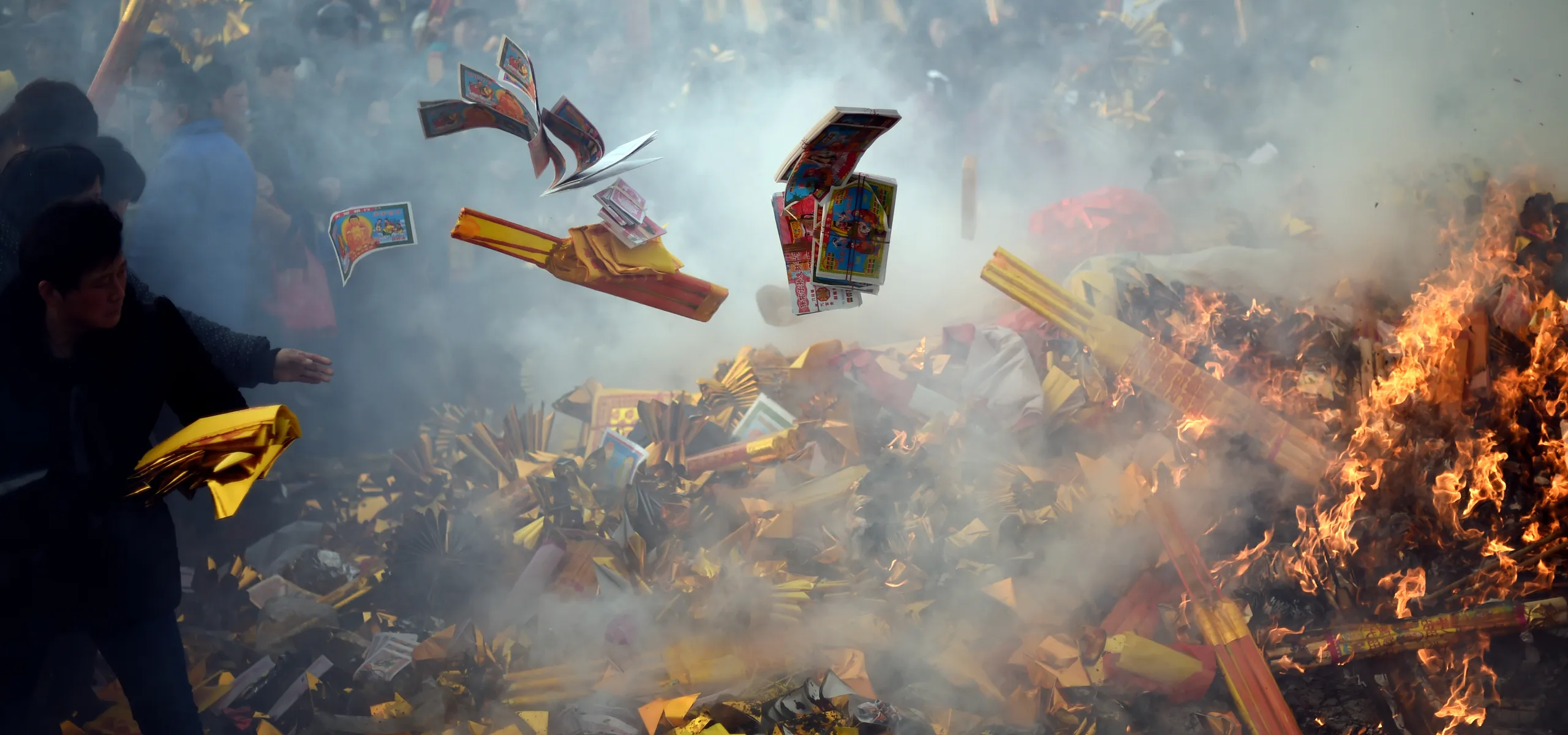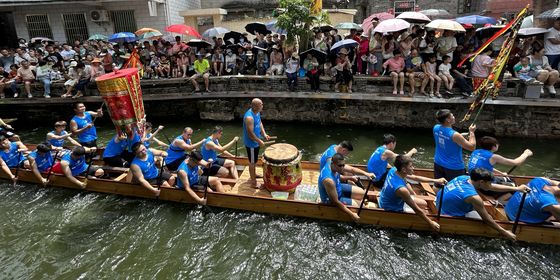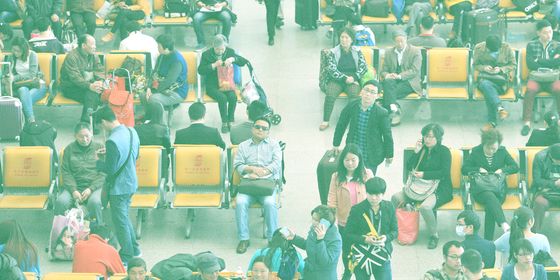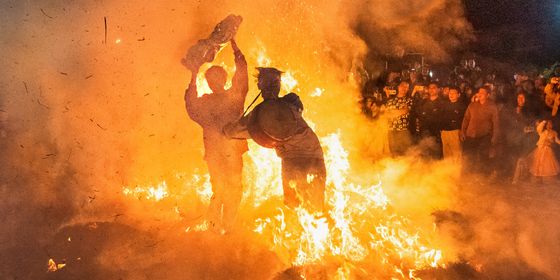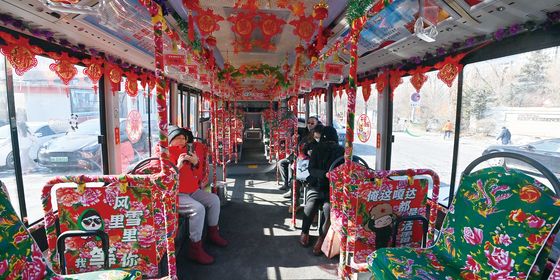Four ancient Chinese poems on Qingming Festival show that the day was always about more than just tomb sweeping
Many know Qingming Festival as the day when Chinese families visit the graves of their ancestors and pay respects to the deceased. But as its historical origin and ancient poems suggest, the day is not all about death and tomb-sweeping.
Qingming (清明) literally means “clear and bright” and refers to the spring weather. The holiday falls around April 5 every year, 15 days after the Spring Equinox. It’s also the fifth solar term of the 24 solar terms on the traditional Chinese calendar. One of the oldest holidays in China, Qingming dates back over 2,000 years. With several old spring ceremonies and holidays becoming obsolete, Qingming took over their meanings and rituals. One such faded holiday is the Shangsi Festival (上巳节) which featured bathing in a river to dispel bad luck, picnicking, and spring outings. Shangsi’s present-day folk equivalent, “Sanyuesan (三月三),” or the “Third Day of the Third Month,” is still widely celebrated in southwestern China among Han and other ethnic groups, such as Zhuang, Miao, and Yao with large meals, song, and dance.
Another old holiday that influenced Tomb Sweeping Day is the Cold Food Festival (寒食节), originally one or two days before Qingming, during which fire was banned and only cold food was served. Sweeping graves emerged as a folk custom around the 5th to 6th century. Although it made sense to enjoy the spring while paying a visit to one’s family tomb on one trip, the imperial court (with its Confucian values) disapproved of people picnicking near graveyards. In response, Emperor Gaozong of the Tang dynasty (618 – 907) banned sweeping graves at the Cold Food Festival in 622. But the power of folk custom was strong—the ban, hard to enforce anyway, was ineffective. In the mid-Tang, the court gave in and recognized it as an acceptable festival activity, but still banned drinking, eating, and entertainment at graveyards.
Qingming Festival was a popular theme in ancient poetry, giving today’s readers a glimpse into how the festival was celebrated throughout history. The most widely known poem on the festival was written by Du Mu (杜牧) in the late Tang dynasty. Below is a version from renowned translators Xu Yuanchong (许渊冲) and his son, Xu Ming (许明).
